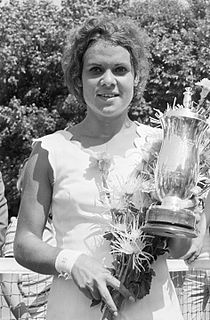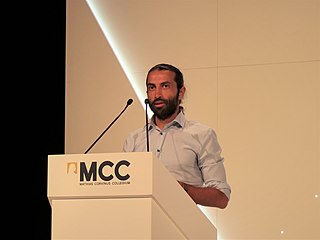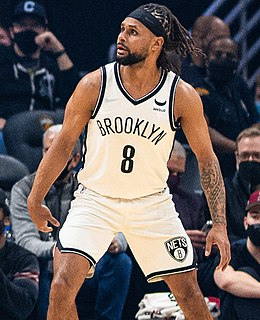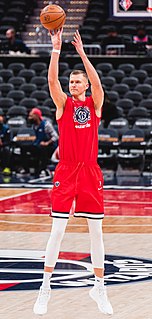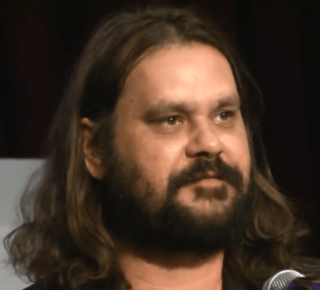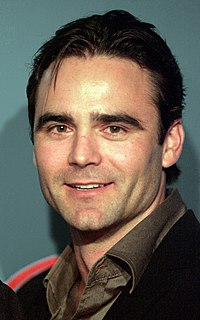A Quote by Evonne Goolagong Cawley
There are about 100 Aboriginal communities in Australia, and I'm trying to visit as many as possible to learn as much as I can.
Quote Topics
Related Quotes
My family came to Australia on the First Fleet. My family’s been in that country for a long time, over 100 years. If your family’s lived in Australia for a long time, everyone has a little bit of [Aborigine blood]. I know my family does because we have an eye condition that only Aboriginal people have.
It's funny how much one learns from context. Throughout that entire visit to Kenya, with all its meetings, there was an experience of the place that taught me things I couldn't learn by reading global newswires. The fact that I learned so much makes me wish that I could visit more places. So many of the zones, of course, are closed, so one knows about them only in secondhand ways. My research has only scratched the surface. There are thousands of zones around the world. There's just so much work to do.
In my writing, I want to address all communities, you know. I've spent many years talking about Chicano culture, Chicano history, and at the same time, I've also been in many communities and presented my work in many communities, in many classrooms, and that's where my vision is and my delight is and my heart is.
I think I made some mistakes, in different areas, but it's great to be working in a show again now, many years down the track. I have worked in many other different shows in Australia and I've been able to learn from my mistakes. I'm lucky that I made those mistakes early on in Australia, and I definitely won't make them again in the States, but you've got to learn that stuff.
At its best, Aboriginal art has been effective in translating an entire culture and the understanding of an entire continent. Indeed, the more we interpret Australia through Aboriginal eyes, through the experience of their long and epic story, the more we allow ourselves to understand the land we share.
